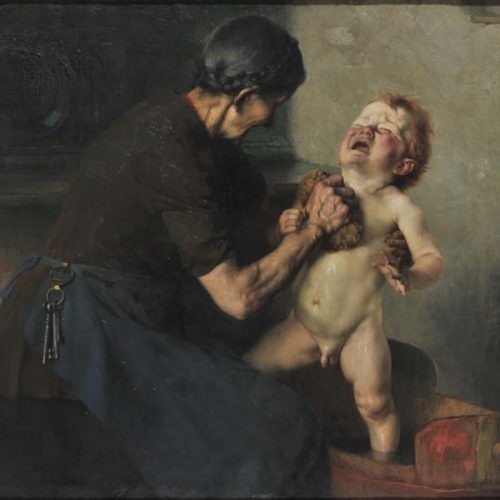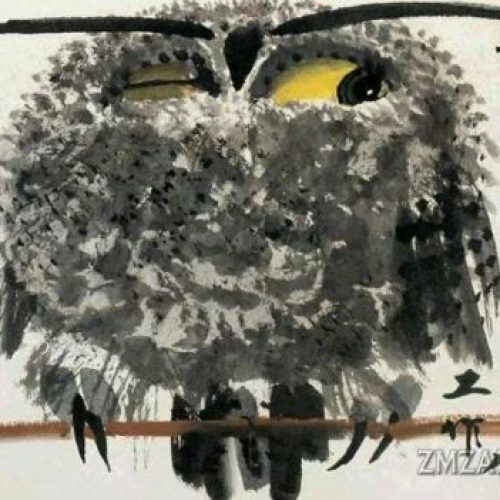When it comes to understanding our psychology, we have an inherent ambivalence towards the unconscious that operate under the hood. It is the unknown, what we cannot grasp, and seemingly, the unconscious what may be at the root of many psychological problems. The unconscious, here, can mean many different things but in this context, we will be talking about the unconscious as the automatic habits that we no longer pay attention to as we are doing them.
What may have first come to mind when bringing up unconscious habits is all those impulses to procrastinate on some things, eat the wrong foods, act improperly in social situations. Where we act irrationally, we tend to blame the unconscious. Those things which we regret, soon after or even in the process of doing, expose our weakness of will, and sows the seeds of self-hatred. It is those unconscious habits also solidify our way of being in the world, whether we want them to or not.
“It is well for the world that in most of us, by the age of thirty, the character has set like plaster, and will never soften again.”
William James
For all their faults, unconscious habits are not to be hated. They are vital to our lives. What we need to do is learn how to choose the habits that we delegate to the unconscious. This is not an easy task, but it is central to our ability to be intentional in our lives.
The Need for Unconscious Processes
We’ve already talked about how the “habits” of perception help us in how we learn and recognize a familiar world. The same is the case for our actions, perhaps even more the case, because our perception may be nothing without the actions they tend to provoke. The “adaptive unconscious” is what remains unconscious that adapts to the predictable elements of our environment. It allows for all our intricate motor movements, responses, and reactions that allow us to navigate the world without thought or effort.
“The more of the details of our daily life we can hand over to the effortless custody of automatism, the more our higher power of mind will be set free for their own proper work.”
William James
William James is a great advocate for how to form our habits to benefit our lives. His Principles of Psychology is highly recommended for anyone who wants more detail in the mechanisms of habits and how to use them to form your life (perhaps before the age of thirty!).
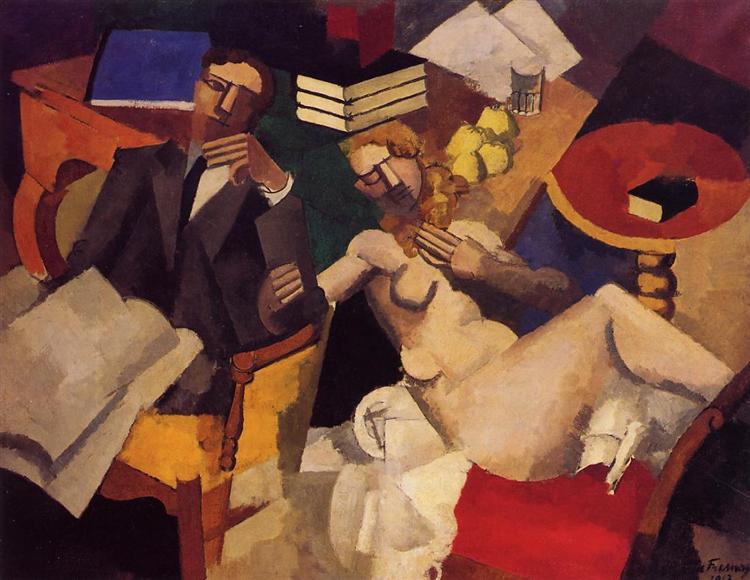
However, our greatest achievements and abilities are not by habit, but by using habits to set the stage for our creative actions. Successful creatives have learned to internalize the habits that do not require attention, so that the attention can stay on what is important. That is the whole idea of practice: to perfect what can be perfected so that attention can be placed on the next lesson or skill. Where things are more interesting, complex, and have more variability, creatives balance the need for attention and rote habit to operate that domain. This is also how we conscious create more complex skills.
The question is how these become unconscious? It is not enough to say it does so because it allows room for other thinking. Although the benefit is great, that alone cannot explain the mechanism of how the mind creates unconscious habits.
Setting and Meeting Expectations
What is the reason for discarding attention in an action? Attention serves a purpose of learning, so it may be when attention stops being focused on something, there is no need for its learning, or that something demands it far more. Unconscious action and ignoring things signal the end of learning, the predictability of our situation.
The cause of unconscious habits, and unconscious perception is similarly defined and can be explained by the phenomenon of habituation. This is the universal characteristic of anything with a nervous system to respond less and less to repeated stimuli. Even microbes display some sort of diminished response to repeated stimuli. In daily life we quickly forget the background noise in a room; it contains no motivational information, and becomes unconscious, or sometimes literally imperceptible.
Habituation is the mechanism under which the unfamiliar is made familiar by its repetitive, predictable appearance in our experience. We begin to assimilate the consistent into what is known, achieving some attitude of what if familiar is in some way true and consistent to our minds. However, in most habituation studies the stimulus is completely irrelevant to the organism, perhaps it is a startling noise, that we eventually completely ignore, because it signals nothing to respond to. This is different from a habit, where habits do have actions that are required in dealing with the stimulus. The mechanism of habitation is still relevant.
So, what does this habituation have to do with the unconscious habit? The stimulus in a habitual system is often a complex, contextual cue that signals the need for action, but rather than being ignored completely, the transfer of information is expressed as an expectation (cognitively) and automatic action (motorically). The sequence of actions that unfold after the cue to the habit, is a physical manifestation of expectation, in the same way we would expect and habituate to a repetitive sound. The expectation that is implicit in the habituation of a familiar place is present as the automatic action.
Consciousness responds to those things that are predicted to be variable such as hitting a baseball, or that are usually consistent but are revealed as variable when discomfort or surprise occurs as a consequence of habit overgeneralizing. It is precisely the acting out of the habit that is a manifestation of expectation, and allowing the world to confirm or deny that expectation. If the action goes as planned, without needing awareness, and the sequence of cues and action are repeated, an unconscious habit will form. This unconscious habit is then reinforced by this action. Whatever sensory input is needed to react habitually can be done outside conscious awareness, using parallel processing, while attention can remain on what is important. I experience this as I write and sip coffee at the same time.
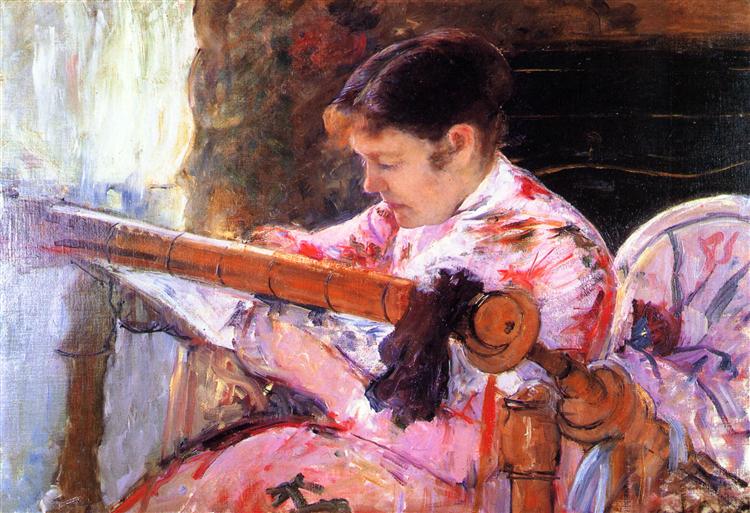
Reinforcing the right Habits
Since this article is about the importance of having unconscious habits, we ought to talk about how we would reinforce a habit into unconsciousness. The simple answer to forming unconscious habits is to meet the expectation of the situation through mechanized action. Doing things over and over again in the same context, without the possibility of the outcome changing despite your consistent actions, is exactly the conditions to quickly delegate the task to the unconscious.
This poses an obvious problem. Not only is this an incredibly dull exercise, but nothing worth doing has the quality of being “surpriseless.” If there are things which have no possibility for variation in outcome, a formula for dealing with them would quickly let us for the right habits. But there is little that actually has no variability, and we must stay vigilant for some things. No matter how much you’ve safely driven a car, you cannot completely take your attention off the road, for the consequences are so great that it is still worth paying attention to the predictable.
With that, how do we decide what to delegate to the unconscious? Habits form not because they have predictive power over the future, but because they work in the present. In order to determine what should get delegated to pure habit, requires great foresight. We should be able to predict that if something were to surprise us, would it be inconsequential, or would we suddenly wake up and realize we’ve just been slowly digging our own grave? Our eating habits certainly can be like this. We will never see our eating habits have major effects until we are at the doctor’s office and it’s too late. This just emphasizes the importance of being deliberate and proactive in the habits you have.
What is “known” and ignored contains the nuance with the potential to be the downfall of a habit. The only way we can form a habit is to assume that something is predictable and not worth paying attention to. This is often an incorrect assumption but must be made on some level if we want any of the benefit of unconscious habit. The hope, if we have done our calculating well enough, would be that the consequence of overlooking the details of the habit is minimally severe, and the time and effort saved from delegating it to the unconscious was worth the inconvenience.
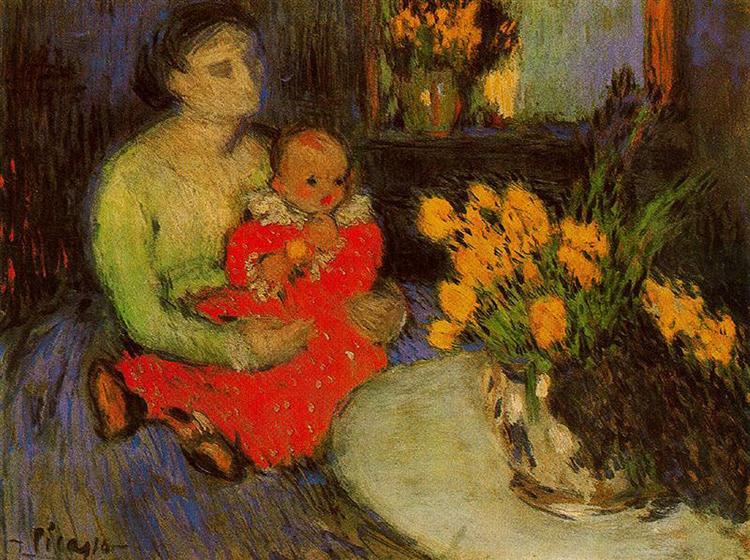
There is little stability in life, but life requires deliberate islands of stability. If we ever want to create something of value, or pay attention to what is important to pay attention to, we must create stability of habit in our lives. Habit is the foundation for creative and meaningful work.
It is by aiming at meaningful goals that we can determine what to make an unconscious habit and what to keep our eyes on. Habits form automatically as we set goals in place and progress towards them. The goals that we have must be seriously sought with foresight to keep on track with all the possibilities to get off track on the pursuit of the goal. For instance, the habit of exercise will keep your brain function late into life to allow you to pursue an intellectual career.

